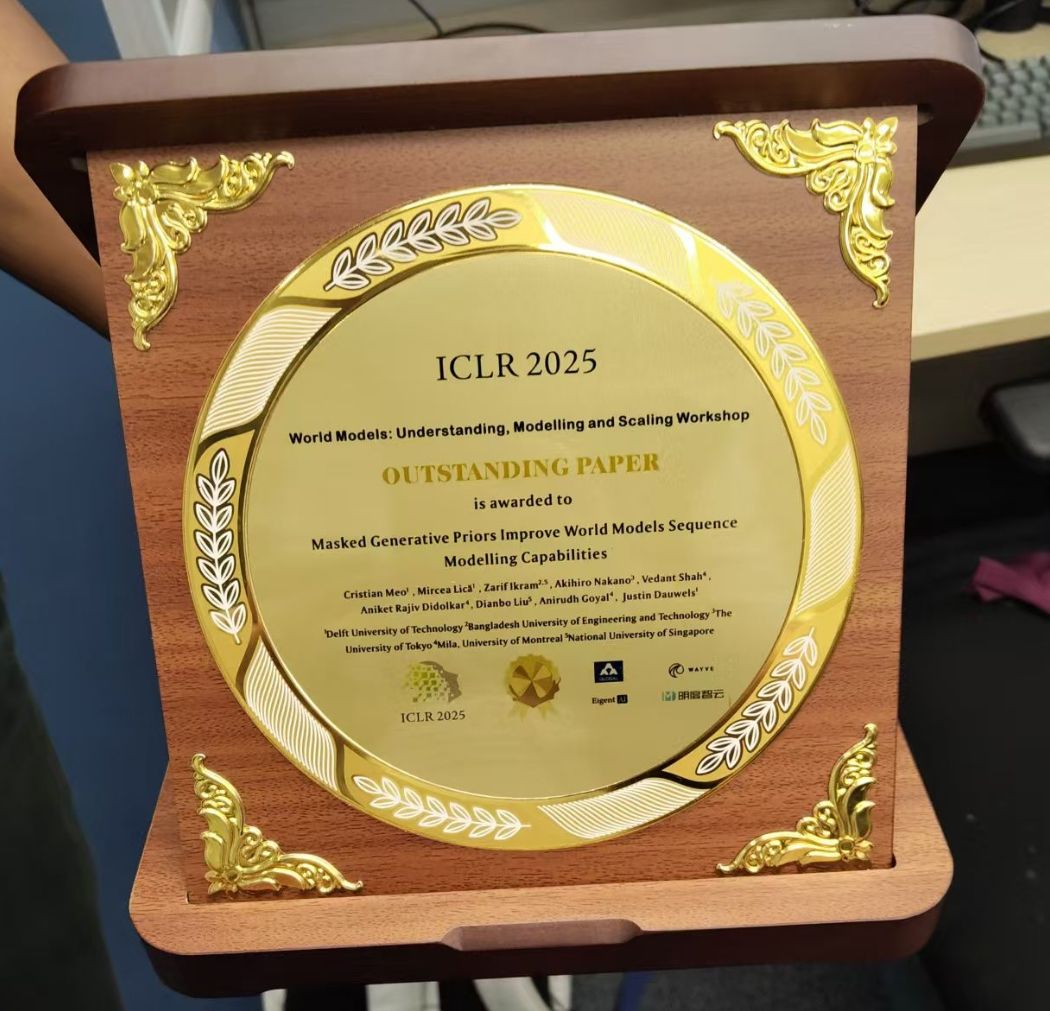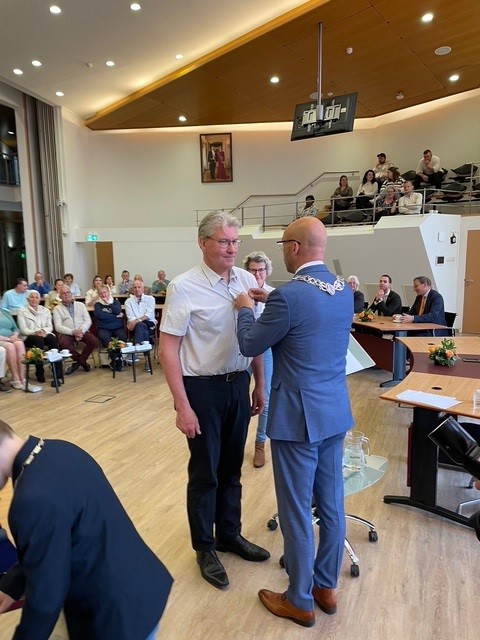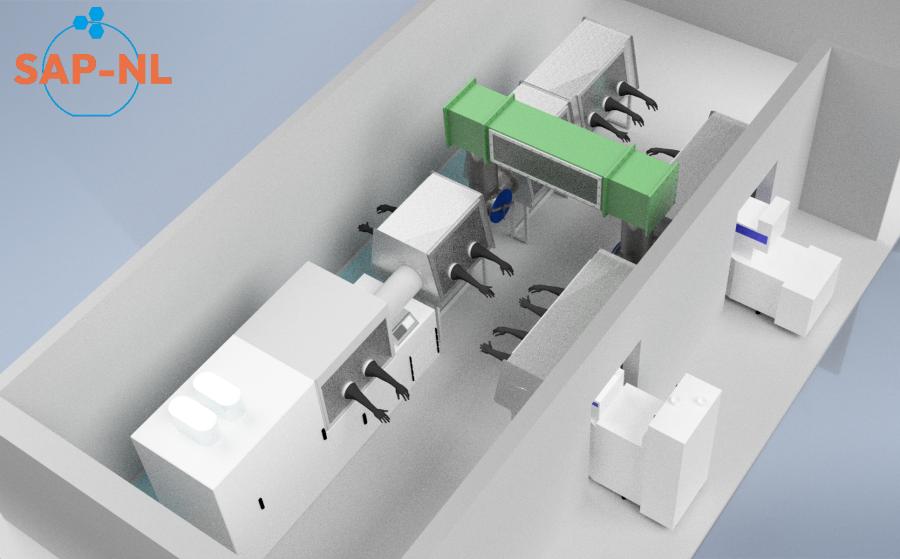News
Clementine Boutry receives ERC starting grant
- Wednesday, 6 September 2023
The European Research Council (ERC) has announced the ERC Starting Grants for young researchers. Five of them are scientists from TU Delft, and one of them is Clémentine Boutry from our department (ECTM group). This European grant of €1.5 million for a five-year research programme is intended to enable individual scientists to build their own teams and conduct groundbreaking research.
Nerve-Repair2.0 - Biodegradable MEMS implants for nerve repair
Biodegradable technologies offer many advantages for the development of future medical implants, particularly in applications where they are only needed temporarily. Fabricating such devices from biodegradable materials avoids the need for a second surgery to remove the implants after their period of use.
Clementine Boutry has received an ERC Starting Grant for her project Nerve-Repair2.0, in which her team will develop biodegradable MEMS (Micro-Electro-Mechanical Systems) implants for nerve repair, a new class of microsystems made entirely of biodegradable materials, including sensors, actuators (mechanisms that cause movement), and electrical circuits.
Each year, an estimated 300,000 cases of trauma-related peripheral nerve lesions occur in Europe. These injuries result in partial or total loss of motor, sensory and autonomic functions. For large injuries, less than 25% of patients recover proper motor function and less than 3% regain sensation. Accelerating nerve regrowth is a key factor, as the disconnected part of the nerve dies quickly after the injury. Therefore, it is truly a race against time. Dr. Boutry’s research will focus on a new therapeutic approach based on her previous Marie Curie research and on recent clinical findings: the mechanical stimulation of peripheral nerves to accelerate their regrowth. The Nerve-Repair2.0 project will focus on two different medical implants: 1) a first implant providing wireless cyclic mechanical stimulation to the severed nerve, 2) a second implant with an implantable biodegradable MEMS micropump applying constant traction, with the corresponding biodegradable sensors.
There are high expectations of clinical therapies for damaged nerves. The development of new functional biodegradable materials (with tailored magnetic, electrical, mechanical, and chemical properties), and customized fabrication processes in clean rooms will enable the realization of fully biodegradable microsystems, while retaining the established advantages of MEMS (small size, high precision, fast response time, low energy consumption, reliable large-scale production). Beyond neurosciences, Nerve-Repair2.0 will pave the way for other medical applications including cardiac diseases, with the objective to address crucial societal challenges that could not be solved otherwise.

News

ICLR award for Cristian Meo
Outstanding paper award

Prof. Ronald Dekker (ECTM) receives royal honour for pioneering work in microelectronics
Prof.dr.ir. Ronald Dekker was appointed Knight of the Order of the Netherlands Lion on Friday, April 25, during the ribbon-cutting ceremony in the municipality of Valkenswaard.

National Scalable Atomic Processing Line (SAP-NL) consortium project led by Sten Vollebregt gets funded
Dr. Vollebregt (ECTM) has received a substantial grant from the Dutch Research Council (NWO) for his consortium project aiming to develop a national facility for large-scale atomic fabrication.

Kofi Makinwa named Distinguished Lecturer of the IEEE solid-state circuits society
Kofi Makinwa was named Distinguished Lecturer of the IEEE Solid-State Circuits Society, for the third time.